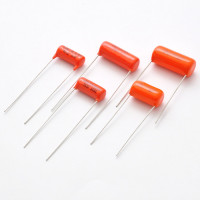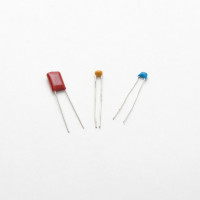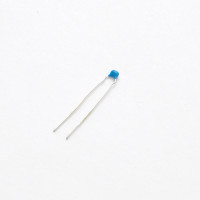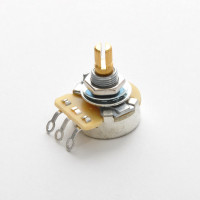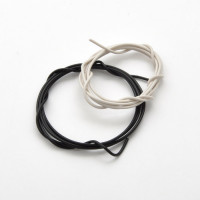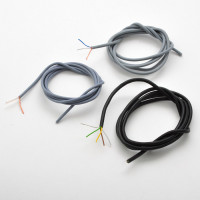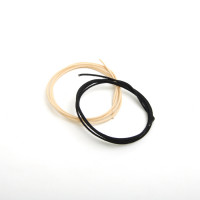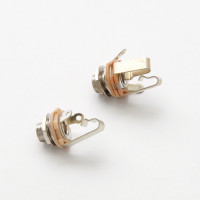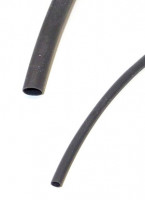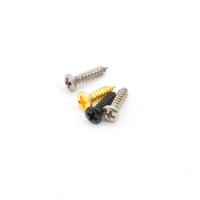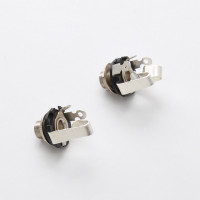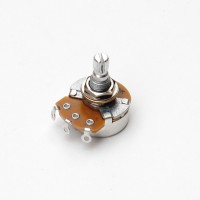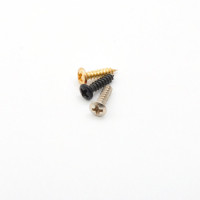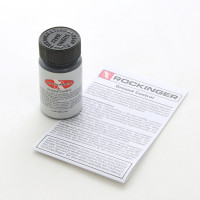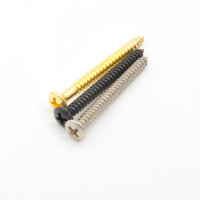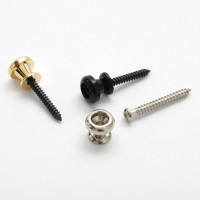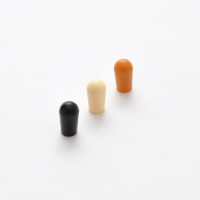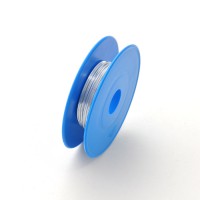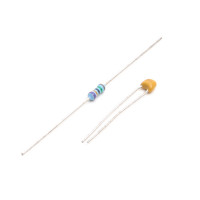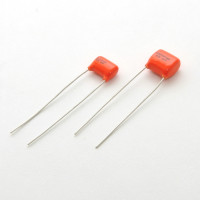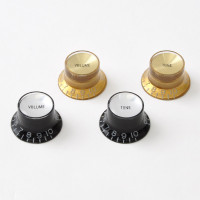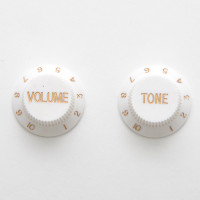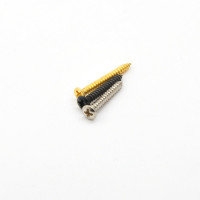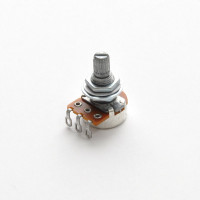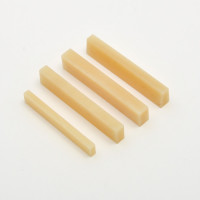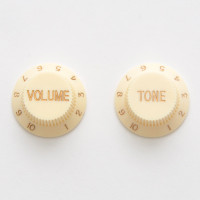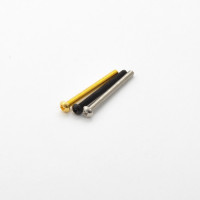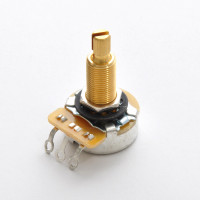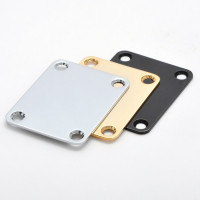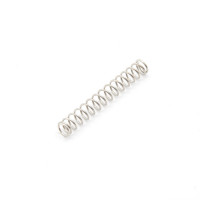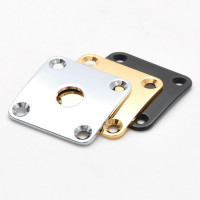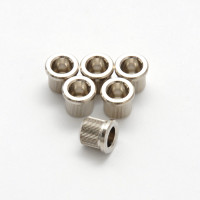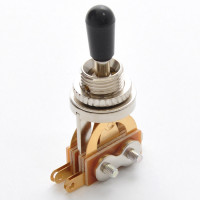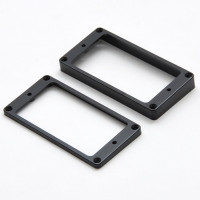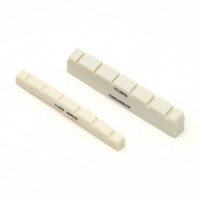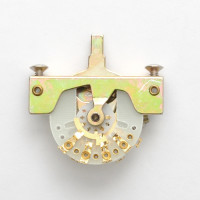Mallory Mustard Capacitor, 22nF
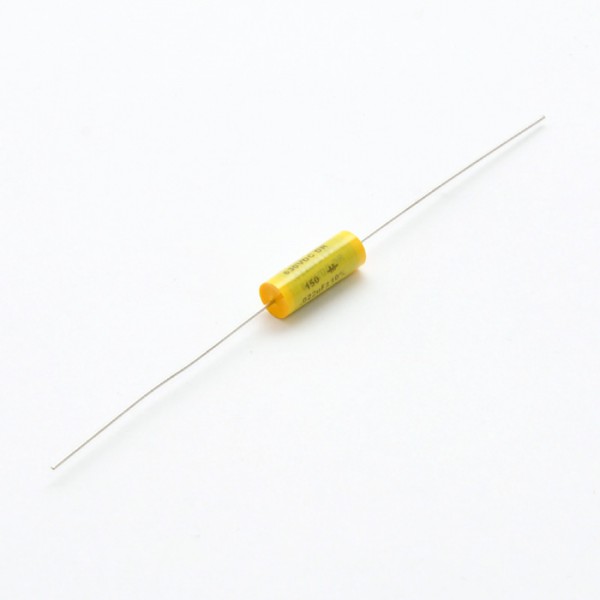
-
Descripción
Axial leads, 630V. Diameter: 6mm, lenght: 16mm.
Generally speaking, a capacitor is nothing more than a frequency-dependent resistor. For lower frequencies it builds a fairly high resistance, while it will be more permeable at higher frequencies. The capacitors we use have 2 connectors, and it makes no difference which one we use for in- or output.
If we connect a capacitor parallel to the pickup, it lets the high frequencies pass to ground, so there’s a short circuit that leads them out and the sound gets damped. The larger the value of the capacitor, the sooner this frequency short circuit will start, so the sound will be more muffled as the value increases. To make this effect controllable, we need a standard pot as we use for volume-control, but we only use 2 of the 3 lugs. It is important to use an audio taper pot, because linear pots are not suitable for tone-control.
Still today the values that were common in the fifties are mainly used for tone capacitors: 22nF for humbucker/P90, 47nF for singlecoils und 47nF for basses. In our opinion, 47nF are no longer up-to date for guitar, which is why we recommend the following values: 15-22nF for guitars and 33-47nF for basses. But all of this is a matter of taste, so there really is no right or wrong.
A short note on capacitor-codes.
The values that are important for us are in the two-digit nF range (nanofarads). However, in this range capacitors rather are labeled in pF (picofarads). For example, the inscription 223 means 22000 pF (the last digit stands for the number of zeros). 22000pF are equal to 22 nF (so 1000pF are equal to 1nF). According to this, a capacitor with 47nF is labeled 473 and a 15nF capacitor is labeled 153. A capacitor with the inscription 221 only has 220 pF and is useless as a tone-capacitor (it is a treble-bleed capacitor for volume pots).



